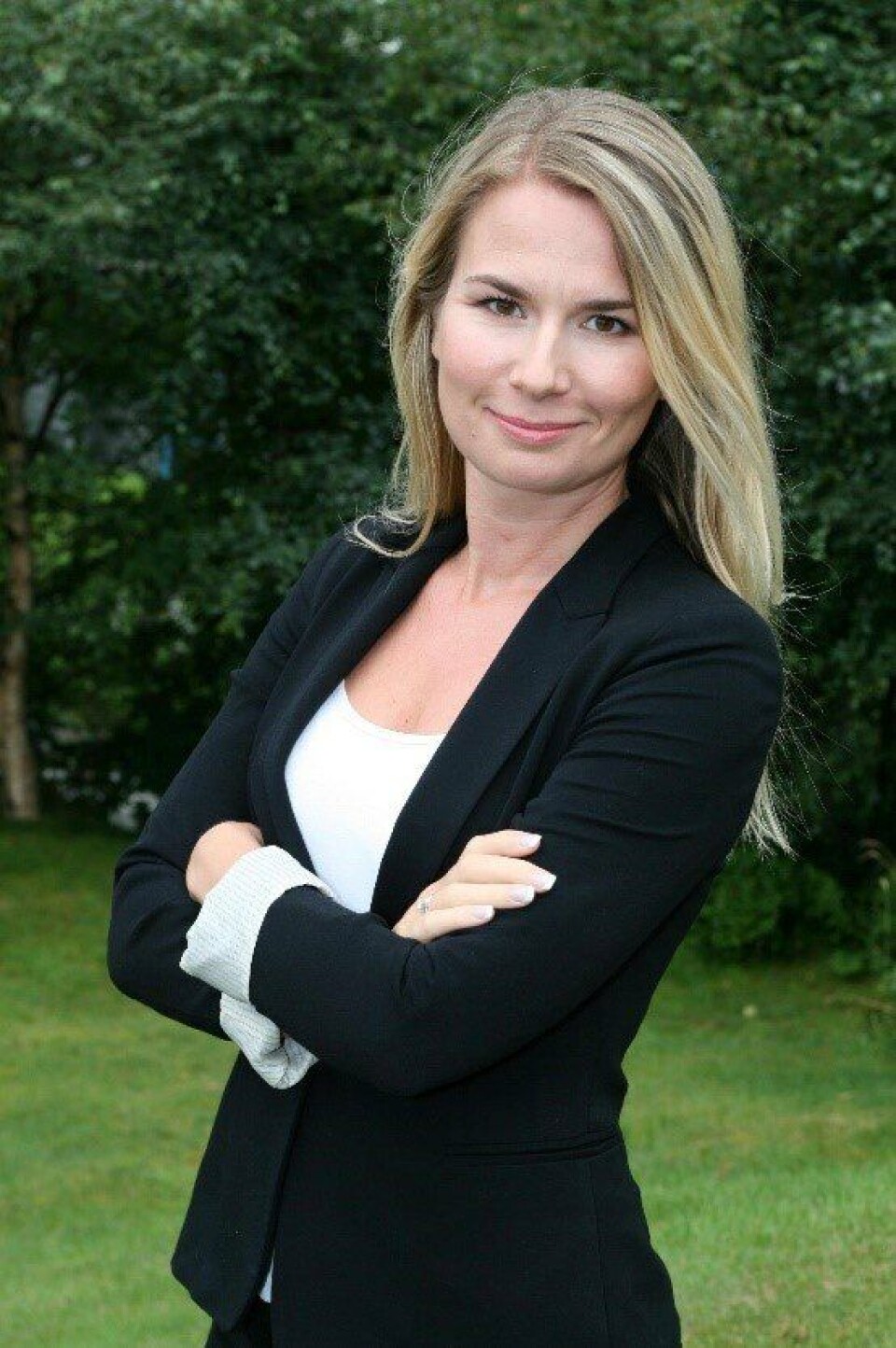
An appetite for insects
The prospects of including insect-derived material in aquafeeds has been greeted positively by the three largest salmon feed producers in the world.
Following last week’s decision by the EU to permit the use of these ingredients, kyst.no spoke to representatives of Skretting, Cargill and Biomar to find out their views on the decision.
Erlend Sødal, CEO of Skretting, is sure that insect protein can help the company reach their sustainability goals.
“We believe insects will become an exciting raw material in the future,” he tells kyst.no, “but we do not plan to use this ingredient in 2017.”
However, he notes that the changes in regulation present new possibilities for the company.
“It gives us the possibility to increase the use of raw materials that are not produced for human consumption, which is very positive and will help us reach our sustainability goals,” he reflects.
Conducting research on insects
Hanne Dankertsen, communication director of Cargill Aqua Nutrition Norway (formerly EWOS), points out that the company is already involved in a research project on insects.

“Cargill is participating in the research project Aquafly, where they are investigating insect larvae as a future fish feed,” she explains.
The project is funded by the Norwegian research council and is coordinated by NIFES.
“The goal is to develop a special insect meal and oil which can contribute important nutrients to ensure the fish health and welfare. Today insect meal from the larvae of black soldier flies is being produced, and it does have a beneficial protein profile for salmon.
“Research on fly larvae and other insects is one of our most interesting projects we are working on,” she concludes.
Open to suggestion
Ida Grong Aursand, research director at Biomar Norway, explains that the company is always interested in new feed materials.
“In Biomar we’re always interested in new and sustainable raw materials. An important part of our role as a multinational company, which trades raw materials in the global market, is to ensure our suppliers, as well as ourselves, uphold our commitments and high standards for social responsibility,” she says.

Aursand also points out that the company has ethical guidelines which imply that you should actively seek and use sustainable raw materials in feed production, but she is unable to confirm whether the company has any concrete plans for using insects in its feeds.
“I cannot share specific plans for the future with you beyond this,” she states.























































